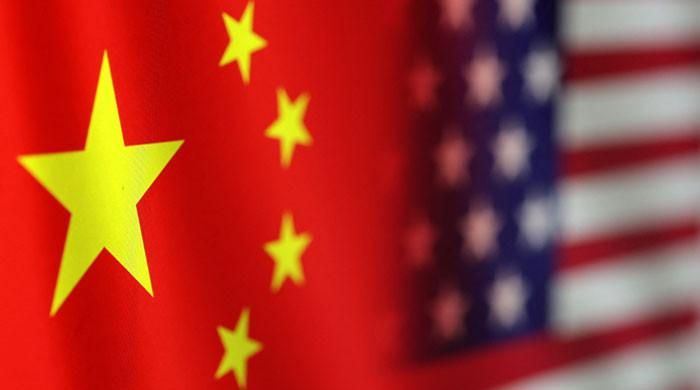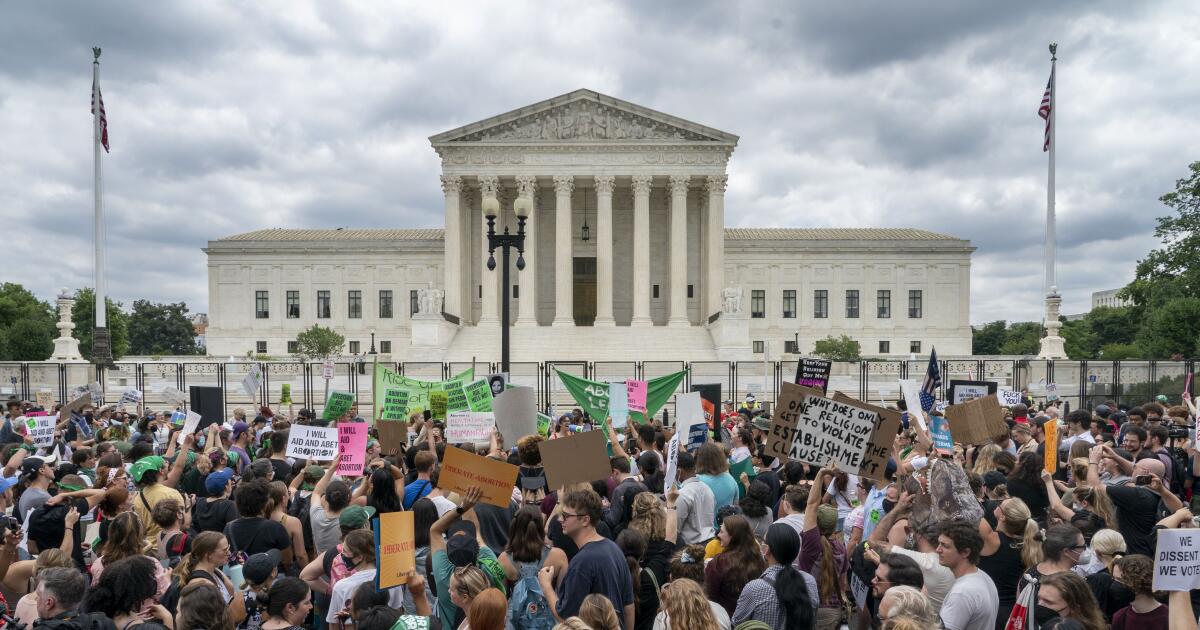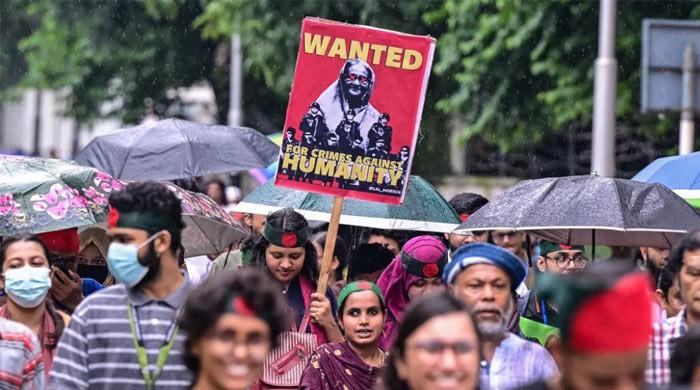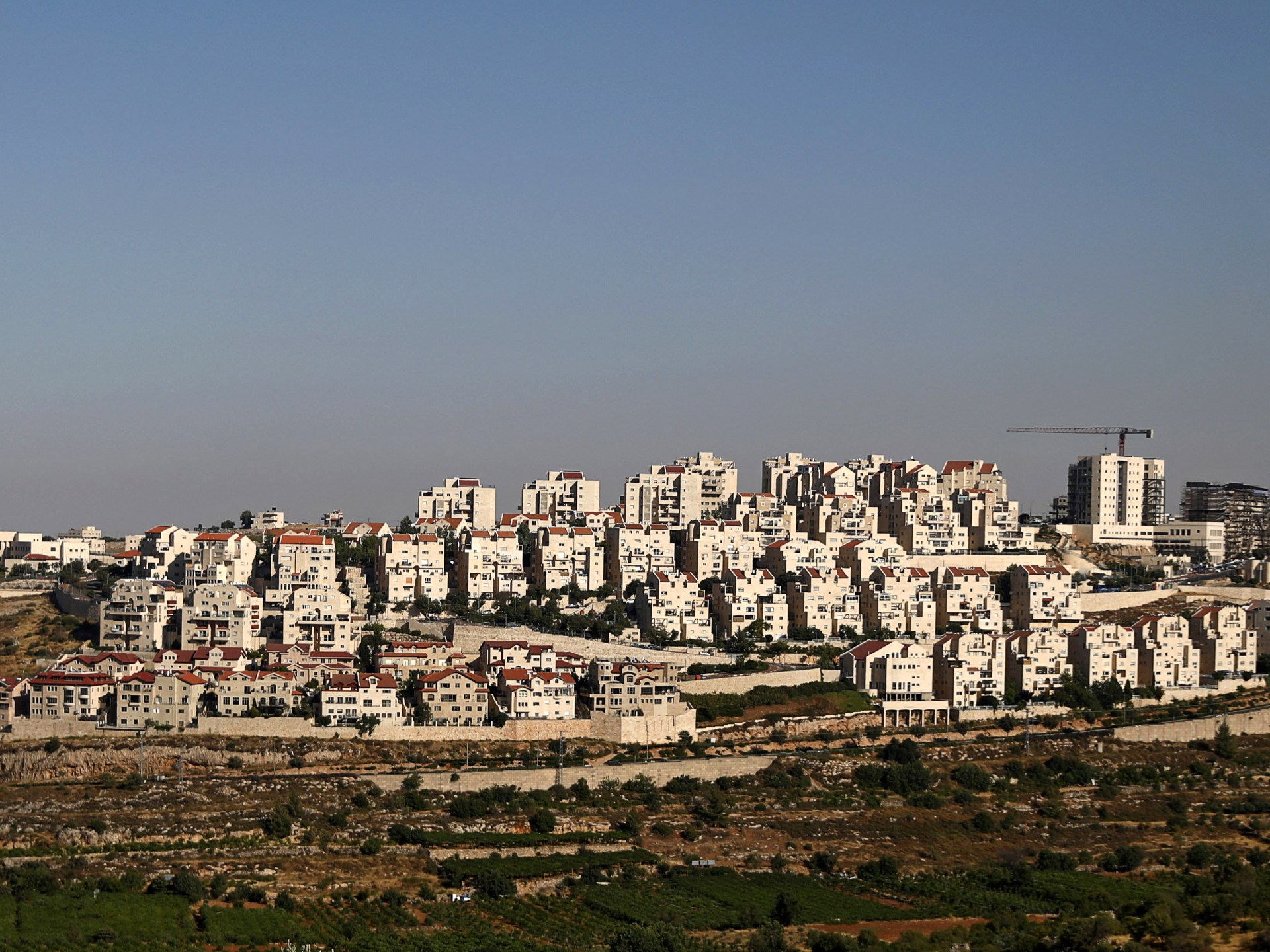China's white paper provides opportunity to analyze how Beijing countered extremism in its most sensitive province of Xinjiang
China's white paper on its human rights record has opened a new window into its judicial system. At the same time, it provides an opportunity to analyze how Beijing has countered extremism in its most sensitive province of Xinjiang.
As Socrates once said, “Intelligent people learn from everything and everyone.” Beijing closely watched the wave of terrorism in the region and took instant and stricter measures to nip it in the bud.
However, it did not fail to attract the harshest criticism and sanctions against some of its officials involved in actions against the Uyghurs and other ethnic groups.
According to a report issued by the United States Department of State, “these crimes include forced sterilization, forced abortions, and the more restrictive application of the country's birth control policies; rape and other forms of sexual violence and gender”.
It is no surprise that Washington has blamed Beijing to the point of calling its counterterrorism measures “genocide and crimes against humanity.”
Therefore, this white paper is basically a rebuke to such scathing criticism that has been going on since 2016, when China enacted an anti-terrorism law and began deradicalizing Xinjian, home to nearly 11 million Uyghurs.
China believes that extreme radicalization or “religious extremism is not religion” as it distorts religious doctrines for nefarious purposes. Therefore, before acting, she defined the threat of terrorism.
For Beijing, terrorism is a “proposal or act that, through violence, sabotage or intimidation, creates social panic, undermines public security, violates personal and property rights or coerces state agencies and international organizations to achieve political, ideological ends. or other type”. .
To eradicate financial support for terrorism, Beijing also called it a “criminal crime of money laundering.” In the past ten years, it further amended the Criminal Procedure Law and added provisions to investigation, prosecution and trial procedures.
Social media, which has incited anti-government activities in some Middle Eastern countries, is also kept under close surveillance.
Last year, Beijing banned the “production, reproduction, publication and distribution of online information containing terrorism and extremism content.”
However, Human Rights Watch has called these anti-terrorism laws an attempt to justify crime. For HRW these laws are being enacted to give security forces a “license to kill” or simply repress dissent.
Releasing the 740-page World Report 2024, HRW acting director Maya Wang alleged that “President Xi Jinping's repressive decade in power and increasing social control are taking an increasing toll on the economy and society.” from China”.
On the other hand, Beijing says that through these “legal” measures, it has maintained security and stability and punished criminals who planned terrorist activities across the country. It claims to respect international conventions and treaties in this regard.
According to the White Paper, it is the responsibility of security agencies to obtain evidence both for and against the suspect and also without torture.
Rejecting accusations of cultural genocide, he says ethnic groups can also use their language in judicial proceedings.
In all cases, the principle against double punishment is applied to ensure that no suspect is subjected to more than one administrative fine for committing the same crime.
Above all, according to the White Paper, “people's congresses, as organs of state power, supervise the work of people's courts and procuratorates, listening to their work reports and conducting special investigations.”
In addition, people who are subject to unfair sanctions can claim state compensation.
Criticism aside, President Xi's government believes that each country should follow an independent path of human rights development. The formula must be adapted to historical and cultural values, as well as national conditions.
As one Chinese diplomat said: “Practices of lecturing and pointing fingers about the human rights of others, while ignoring and not resolving one's own serious human rights problems.”
Citing Xinjiang, China says its human rights model is based on development. By helping 3.06 million people, it claims to have eradicated poverty from all 3,666 villages and 35 counties.
In 2023, Xinjiang welcomed a record 265.44 million tourists, a year-on-year increase of nearly 117%. The number of tourists received by this autonomous community is almost equal to the total population of Germany, the United Kingdom, France and Spain combined.
Chinese Foreign Minister Wang Yi says: “People of all ethnic groups in Xinjiang are living prosperous lives as they work in solidarity to turn the autonomous region into an economic hub of the Silk Road Economic Belt. and establish a pilot free trade zone.
China has warned its critics not to pass judgment, politicize human rights issues, impose wills and interfere “under the pretext of upholding the rule of law.”
According to the white paper, such actions “have seriously hampered the global effort to fight terrorism, weakened the foundations of cooperation, and reduced operational effectiveness.”
He concluded by expressing his willingness to work in the fight against terrorism, but only on the basis of equality and respect.












